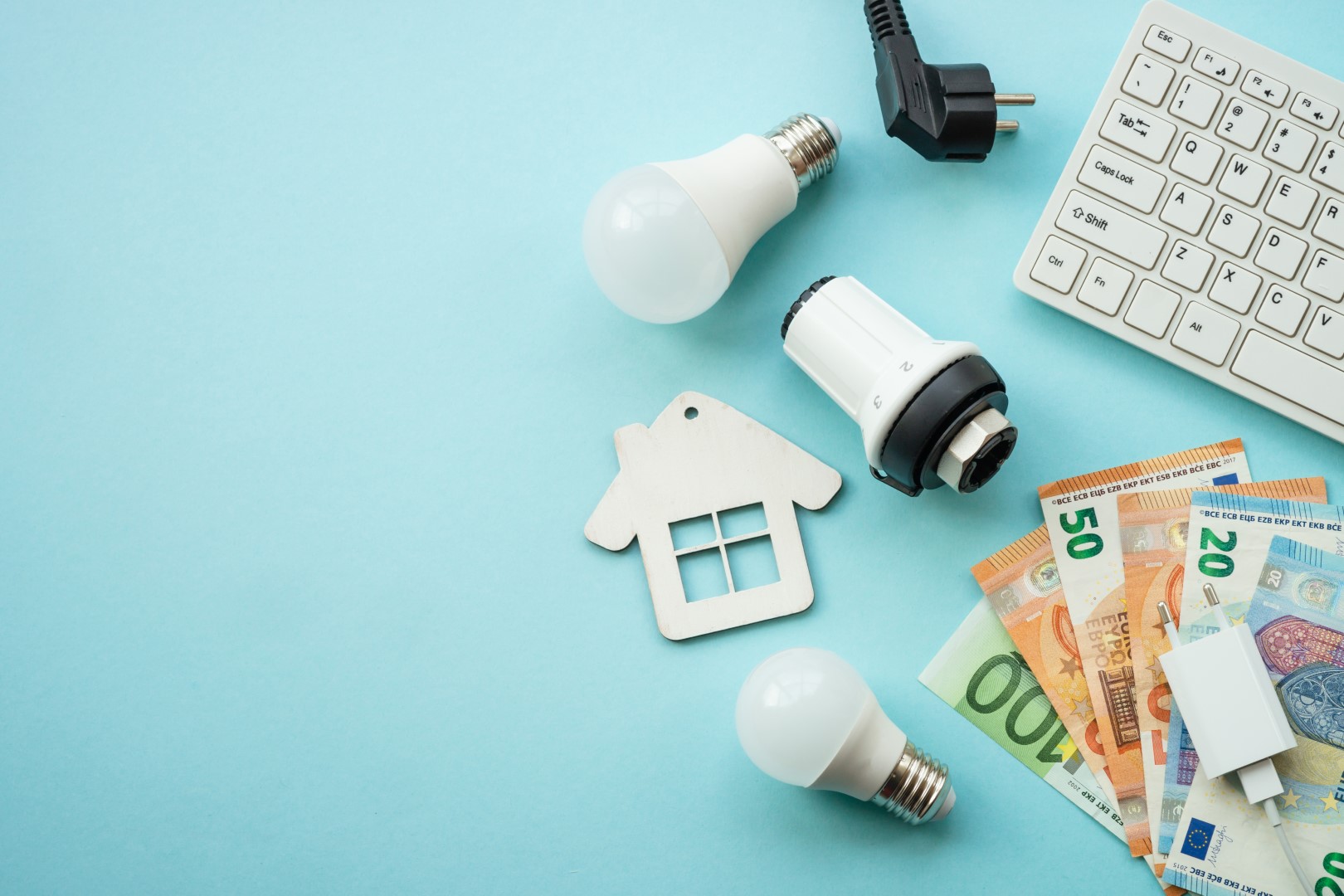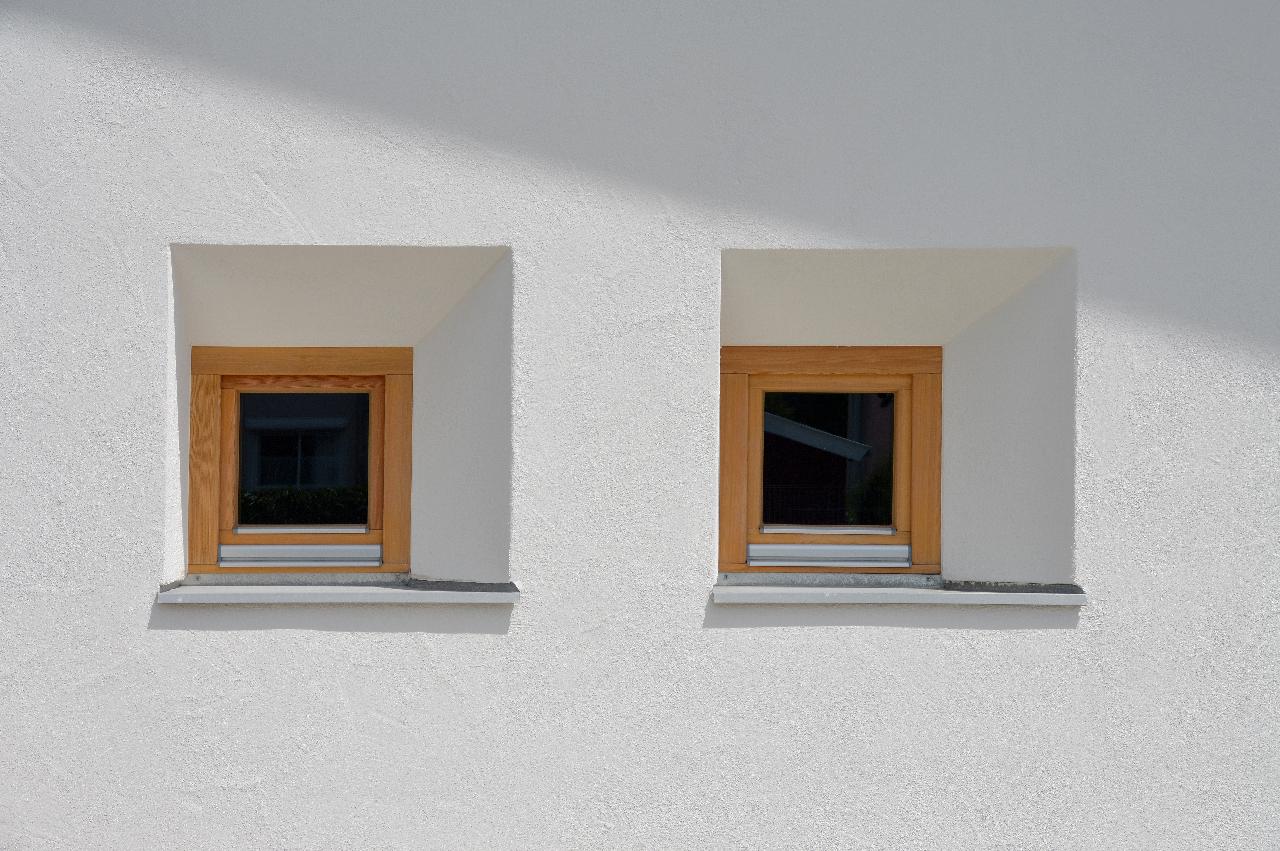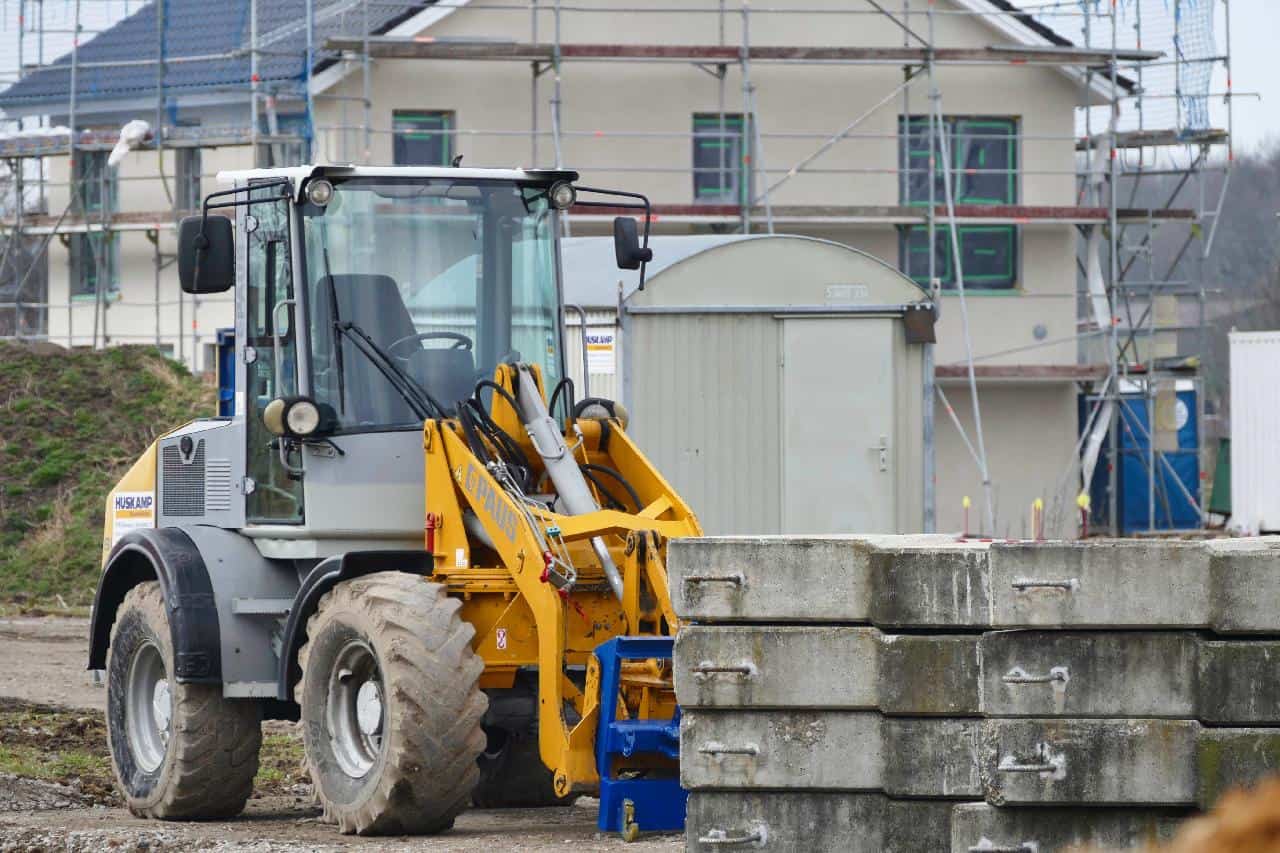Energy conservation is crucial for both financial savings and environmental sustainability, so mastering your energy use is something you must consider doing. Not only is it a significant step towards a greener lifestyle, but it is also towards a more cost-effective one. Here are some top tips to help you nail your energy use and achieve success in conserving energy:
Embrace LED Lighting
One of the easiest and most effective ways to save energy is by replacing traditional incandescent bulbs with energy-efficient LED lights. LED bulbs consume significantly less energy, last longer, and provide bright, high-quality illumination. Make it a habit to turn off lights when leaving a room to maximize savings.
Unplug Devices and Appliances
You may be unaware that many electronic devices (even appliances) continue to consume energy when turned off, known as standby power or phantom energy. Make sure you are unplugging chargers, televisions, computers, and other electronics when not in use, or consider using smart power strips that automatically cut.
Seal Leaks and Insulate
Proper insulation and sealing gaps in doors, windows, and walls are essential to maintain a consistent indoor temperature. Well-insulated homes require less heating and cooling, reducing the need for energy-intensive systems. Weatherstripping doors and windows and insulating attics and walls can significantly lower energy bills.
Optimize Heating and Cooling Systems
Regular maintenance of your heating and cooling systems is crucial for energy efficiency. Replace air filters, clean ducts, and schedule professional HVAC inspections to ensure these systems operate at peak performance. Consider programmable thermostats that allow you to regulate temperatures based on your daily routines, saving energy when you’re not at home.
Regular Energy Audits
Conduct regular energy audits of your home to identify areas of improvement. Many utility companies offer free or low-cost energy audits, or you can perform a DIY audit using online tools. An energy audit helps you pinpoint specific areas where energy efficiency measures can be implemented. Make sure to do your own audit to ensure you aren’t paying over the odds on your energy providers.
Practice Smart Water Usage
Heating water accounts for a significant portion of household energy consumption. Lower the thermostat on your water heater, fix leaks promptly, and consider installing low-flow faucets and showerheads. Additionally, washing clothes in cold water and using a clothesline or drying rack instead of a dryer can further reduce energy usage.
Mindful Appliance Use
Appliances like washing machines, dishwashers, and ovens consume substantial energy. Run these appliances only with full loads to maximize efficiency. Use the energy-saving settings and avoid preheating the oven unless necessary. When replacing appliances, choose Energy Star-rated models, which are designed to be more energy-efficient.
Harness the Sun
Utilize natural light during the day by opening curtains and blinds. Consider installing solar panels to generate clean, renewable energy for your home. Solar power systems can significantly reduce your reliance on grid electricity, leading to long-term energy savings and environmental benefits.
Stay Informed and Upgrade
Stay informed about the latest energy-efficient technologies and practices. Consider upgrading outdated appliances, insulation, and windows to modern, energy-efficient versions. While initial costs might be higher, the long-term savings and environmental benefits make these upgrades worthwhile.
Discover more from Futurist Architecture
Subscribe to get the latest posts sent to your email.



